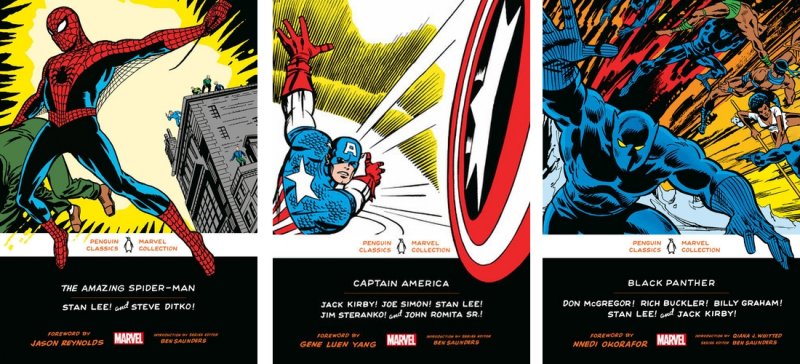
As a response to Penguin Books and Pheonix producing small cheap editions in the mid 1990’s Bloomsbury decided to have a go as well and so the Bloomsbury Quid was born, and almost immediately died. The initial ten books, which came out in 1996, were never followed by any more. Priced, as implied by the series name, at a quid, or one pound, they are probably the nicest designed and best produced, being on much higher quality paper than others of these cheap editions so it is a great pity that Bloomsbury never saw fit to produce any more, perhaps they didn’t sell, perhaps there simply wasn’t enough money in it, who knows after almost thirty years? The titles chosen were certainly interesting:
- Change of Use by Candia McWilliam
- The Drowned Son by David Guterson
- Faith by Joanna Trollope
- Harald, Claudia, and Their Son Duncan by Nadine Gordimer
- The Queen and I by Jay McInerney
- She Wasn’t Soft by T. Coraghessan Boyle
- A Story for Europe by Will Self
- Three Stories and a Reflection by Patrick Süskind
- Two Boys and a Girl by Tobias Wolff
- The Labrador Fiasco by Margaret Atwood
From the page dedicated to this series on Library Thing you can see that the series was bright and colourful and even that these are suggested as a collectors item of the future; and whilst that hasn’t proved to be the case so far, I’m glad I picked up the full set when they came out.

So enough of the publishing history, what is the book itself like?

On the back of the book is the opening line of the story and it’s certainly intriguing, Why is Mary sitting on the edge of a sink and what sort of rituals? It slowly comes clear that most of the story is set in a retirement home and the rituals are literally that, things that are done ritually by the people being cared for. Mary is one of the nurses at the establishment and she is overseeing one of the residents as he polishes some silver spoons whilst reliving his time as a butler, interestingly enough at the same property that is now his nursing home. Interleaved with his story is that of the grandmother of the person who drives the laundry van that calls at the home. She is getting increasingly fed up with the research work that she does for various authors and dreams of a life away from it and like Mr Charteris, the ex butler, she longs for the memories of her younger life and is scheming to reclaim them.
The story is interesting as you get into the minds of the various characters very well for such a short work and I loved the twist at the end. I’m definitely going to have to read another of McWilliam’s surprisingly few books. She stopped writing in 1997 and then had a medical condition in 2006 which left her blind for two years and which inspired her to take up writing again although this time a memoir which was published in 2010 which was her last published work. Interestingly this story has never been reprinted, even though McWilliam published a collection of short stories in 1997 so this small volume remains the only place you can read it.









